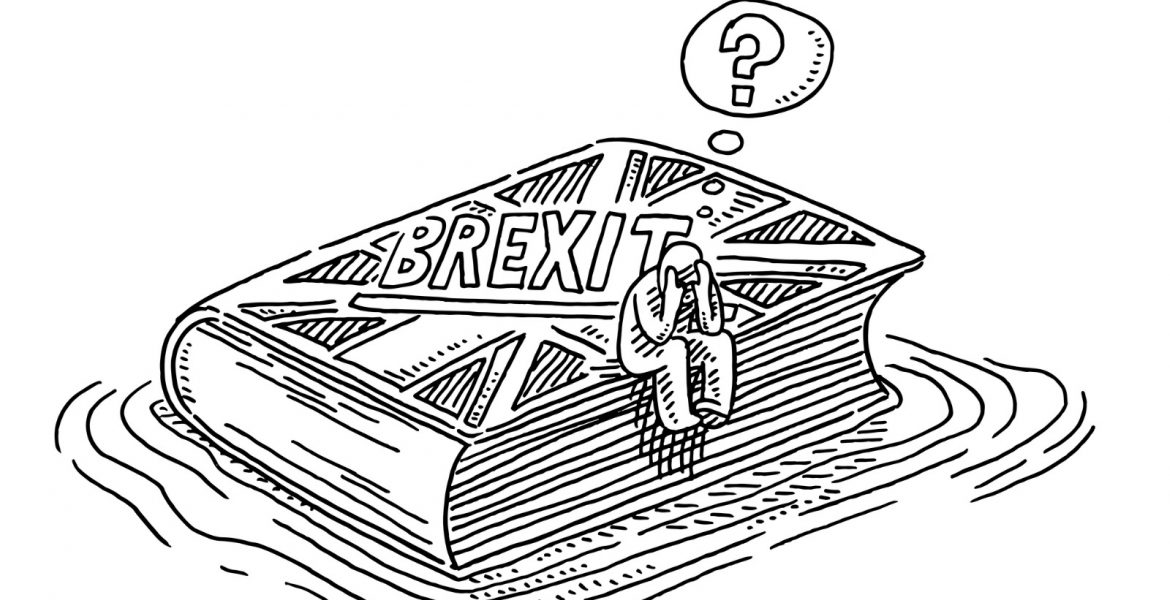With the Brexit saga set to extend into its fifth year, and ongoing uncertainty about the UK’s future prospects – here’s how its creative industries can give the country hope.
Article Takeaways:
- The value creative industries in Britain contribute to its economy
- The top-down strategies required to maintain and encourage the UK’s creative growth and reputation
- The role well known British brands will have in maintaining its ‘soft power’ abroad
Headlines are constantly full of worrying claims that the likes of the British automotive, finance and pharmaceutical sectors are facing tough times, with global brands likely to move business away from the UK and stumble in the face of Brexit.
Doing this, however, undermines one of the country’s greatest unsung heroes, a sector that has thrived when others falter – the creative economy.
Let’s embrace our creativity
Now more than ever, it’s time to embrace our creativity. For too long we have overlooked the invaluable contribution of our creative industries to the economic and cultural clout of the UK.
These industries have formed the backbone of British success.
According to the CBI’s latest report, creative industries have demonstrated their resilience in the face of political upheaval, with their value to the UK rising from £94.8bn in 2016 to £101.5bn in 2018.
In 2018, the creative economy provided jobs for over 3.2 million people. This shows that we are underestimating the importance of this contribution to our peril.
Thriving in a post-Brexit world
While other industries stutter under the perpetual pressure of Brexit, creative industries persist in contributing to the national economy. They can provide the answers for how Britain thrives in a post-Brexit world.
But we need to unlock this potential. Many businesses in the creative sphere are small or medium-sized, and while they play a hugely significant role in our economy, they often go unrecognized.
Spotlighting the industry at a greater rate will go a long way in underlining the value it brings to the country’s growth and reputation.
What the sector now needs – and what the UK needs to provide in order to learn from them – is recognition, as well as concrete support.
There’s light on the horizon
We are already seeing some positive advances.
Creative England has recently announced a £24 million fund to support companies in the difficult scaling up period. This type of effort needs to become more systematic if we want to continue to strengthen the reputation of Britain as a hub of creativity, both at home and abroad.
Our small businesses are used to punching above their weight and this tenacity will prove useful once Brexit hits. It is these businesses that are acting as a beacon of prosperity, despite the widely publicized woes across other areas of the economy.
We still welcome creative talent from overseas
Our connection to Europe supports British excellence in the creative economy.
The ability of companies in creative industries to draw from an international pool of talent and investment has been a significant factor behind its success.
The Creative Industries Federation has estimated there were at least 130,000 EU nationals working in the sector in 2016. As Brexit looms, this robustly international outlook of our creative brands can serve as a call to the rest of Europe that we still welcome talent from our neighbors.
Our innate resilience
We must bolster our economy against the inevitable challenges that are to come.
The UK’s creative brands have shown great resilience throughout the political turmoil of the last few years.
Other sectors would do well to learn from the creative industries and approach the coming months with a growth mindset.
Current conversations about our economy frequently revolve around the impact of Brexit on the bottom line. Of course, we should consider Brexit’s economic ramifications, but we should not allow this focus to blinker us from more wide-ranging consequences.
Let’s make use of our ‘cultural capital’
As Britain’s place in the international community becomes ever more unstable, the cultural capital provided by the creative economy will be more valuable than ever.
Our long history of excellence across advertising, media, film or design has served as the backbone of Britain’s commercial success.
Our brands sell
Look no further than global entertainment brands like James Bond, the Beatles, and more recently, Fleabag. Or the reputation for excellence held by brands like Burberry, and the cultural impact of literary characters like Harry Potter.
The creative field has long been flying the British flag on a global stage – and that’s not about to stop.
As we aim to preserve our soft power abroad, creative brands will play a vital role in ensuring that we cultivate an atmosphere in which innovation is encouraged.
Optimism is key
The creative industry does not only affirm our economic prosperity, but it also serves to protect a creative and cultural legacy that has been decades in the making.
When approaching the creative industries, it is crucial to take a holistic look at their contribution. They give us an international voice and indispensable cultural capital, as well as a financial boost.
Brexit may be about to destabilize many industries, but the UK’s growing status as a creative powerhouse provides a rare cause for optimism.

